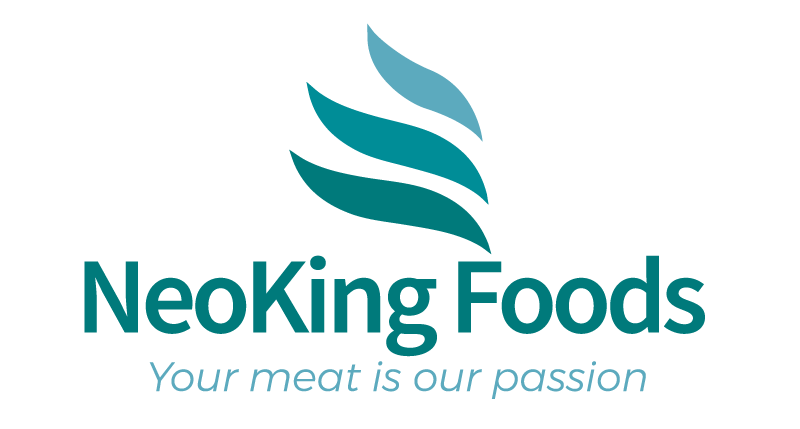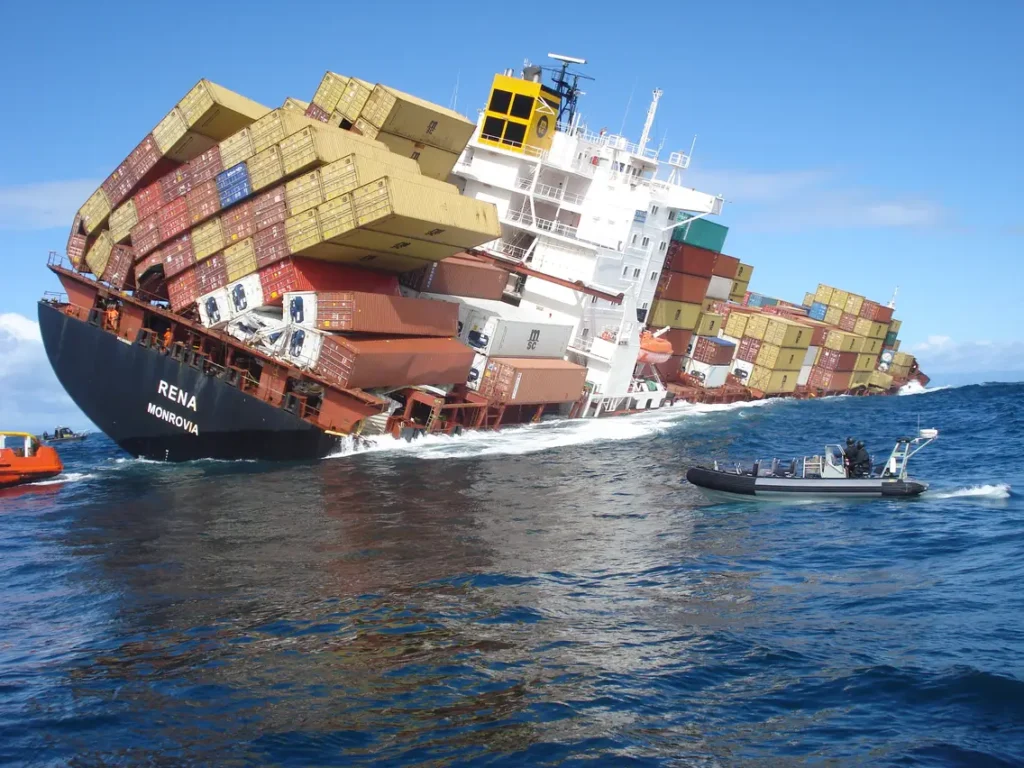Container Shipping Rates Plummet as Consumer Demand Declines
Container shipping rates have witnessed a substantial decline due to a drop in consumer demand for goods, particularly within the ocean freight industry. This decline has presented challenges for ship operators, as current rates render voyages unprofitable. According to a recent report from The Wall Street Journal (WSJ), daily market prices for cargo transportation from Asia to the United States and Europe have plummeted by up to 90% since early 2022.
In response to this downturn, the largest container carriers have begun canceling sailings, primarily on the route from Chinese ports to the U.S. West Coast. This trend is anticipated to persist after China’s Golden Week holiday, during which manufacturing sites are temporarily idled. Furthermore, ship operators are taking measures to cut operating costs by mothballing vessels, resulting in a 7% reduction in container capacity in September compared to the previous year.
While ship operators grapple with these challenges, the decline in shipping rates offers benefits to shipping clients, especially major retailers. These retailers had faced steep price hikes for ocean freight transportation and capacity constraints during the pandemic.
The decline in shipping rates and weakened demand for goods is not unique to ocean freight but also evident in other freight transportation modes, as per the report. Wholesale inventories have dwindled in recent months but remain above pre-pandemic levels, indicating that demand for goods may remain subdued for a considerable period.
As spot market rates continue to decline, large retailers with long-term shipping contracts have seen a reduction in ocean-shipping costs this year. However, negotiations between carriers and shippers regarding rates have grown more frequent and contentious.
Looking ahead, the shipping industry faces additional challenges as an influx of new box ships is expected to be delivered over the next year. Fleet capacity is poised to increase while container trade demand declines, potentially exerting further downward pressure on rates. Shipping companies are reevaluating capacity management strategies, considering options such as the aggressive scrapping of older vessels, long-term blanked sailings, and the postponement of new vessel construction to adapt to the challenging market conditions.
One prominent container carrier, Danish shipping giant Maersk, reported a 40% year-on-year revenue decline on August 4, attributing it to the global drop in demand for container shipping. Maersk CEO Vincent Clerc noted that customers had been reducing their inventories, and this destocking trend showed no signs of abating. He emphasized that the situation did not necessarily indicate a recession but rather a prolonged period of subdued demand.
Five months earlier, in February, online freight shipping marketplace Freightos had already highlighted the pressure on air and ocean volumes, leading to decreased bookings across the platform. Freightos CEO Zvi Schreiber noted that this adjustment was, to a large extent, a return to pre-pandemic price and volume levels, representing a significant drop in both price levels and volume.
By optimizing content in this manner, you can improve its chances of ranking higher on search engines and reaching a broader audience.
Font: essfeed.com
Neoking foods specialized in: Brazilian Beef, Brazilian Chicken, Brazilian Pork, Brazilian Egg, Brazilian Breeders e Brazilian Duck, Brazilian Fish, Argentina Beef, Argentina Chicken, Argentina Pork, Argentina Mutton, Argentina Lamb / Uruguay Lamb, Uruguay mutton, Chile Beef, Chile Chicken / Paraguay Beef, Paraguay Chicken, Paraguay Pork


